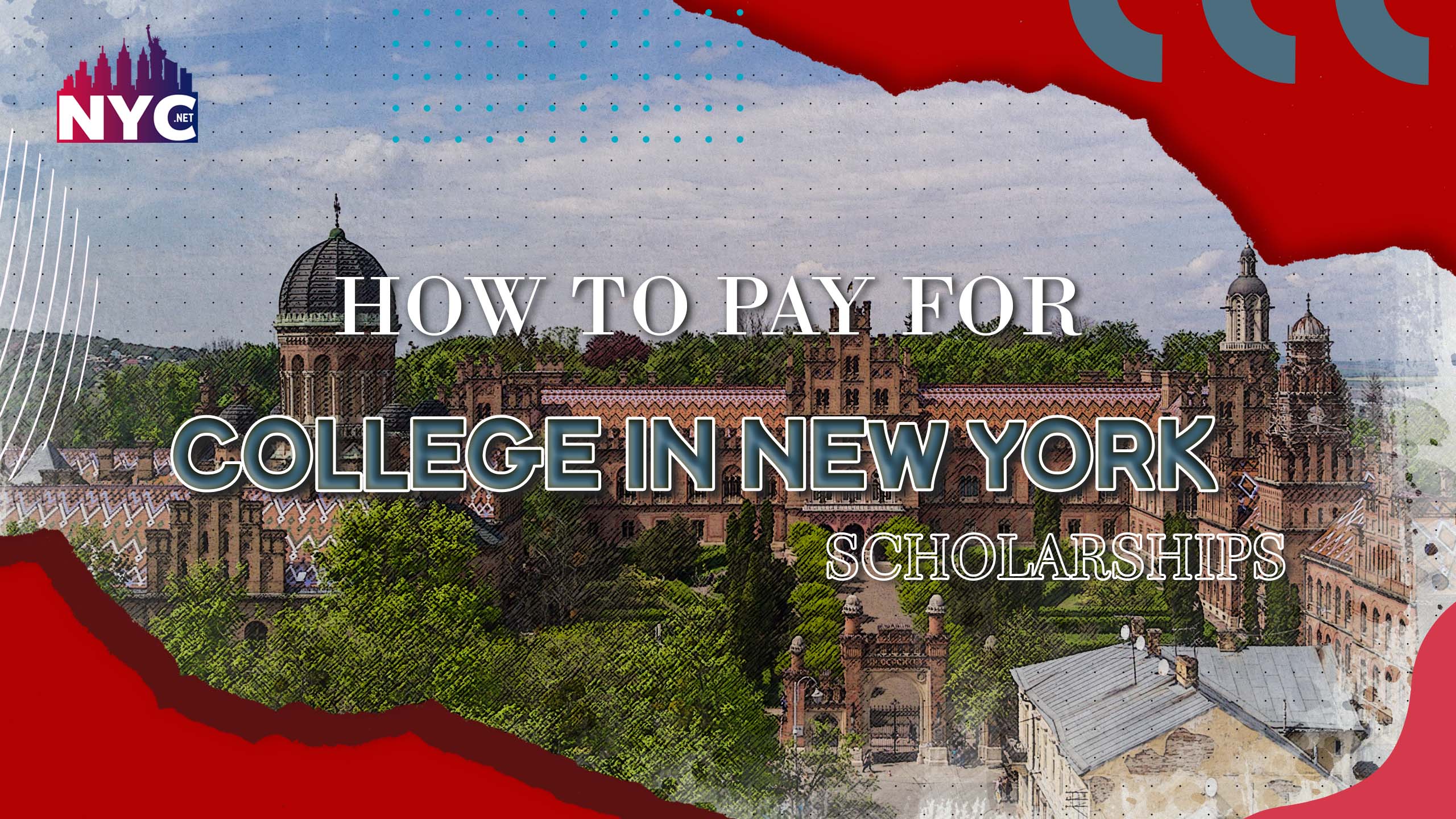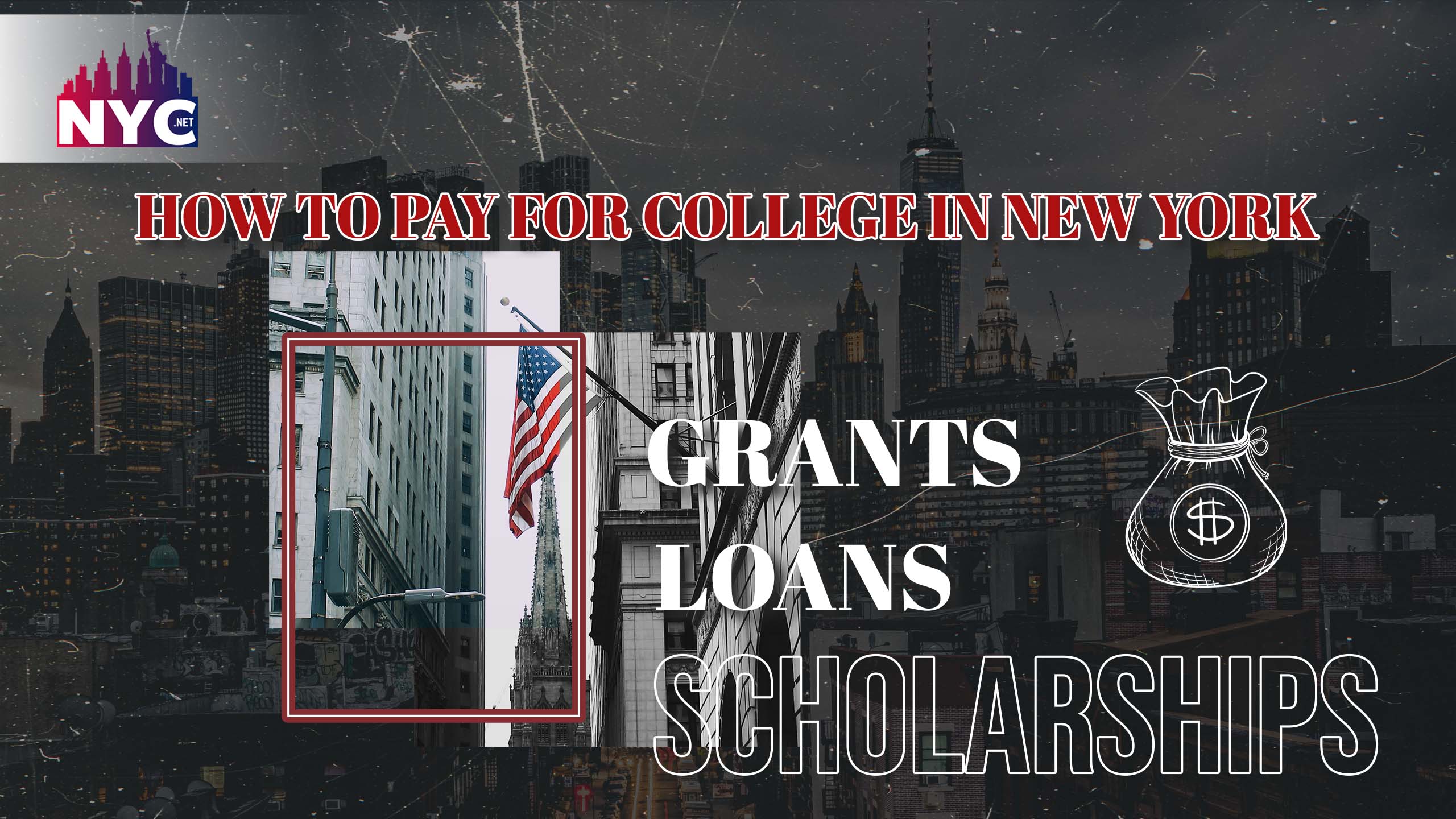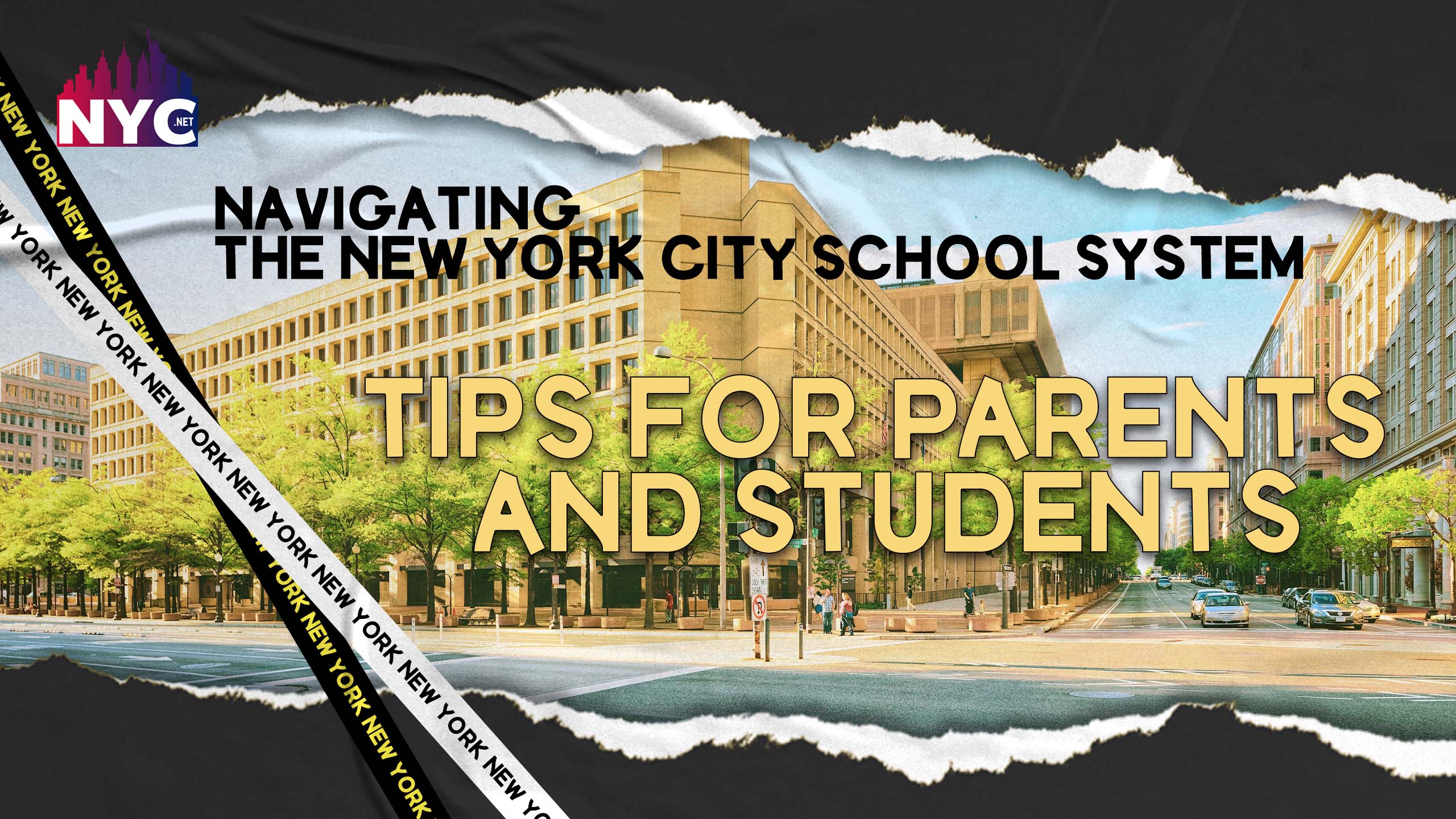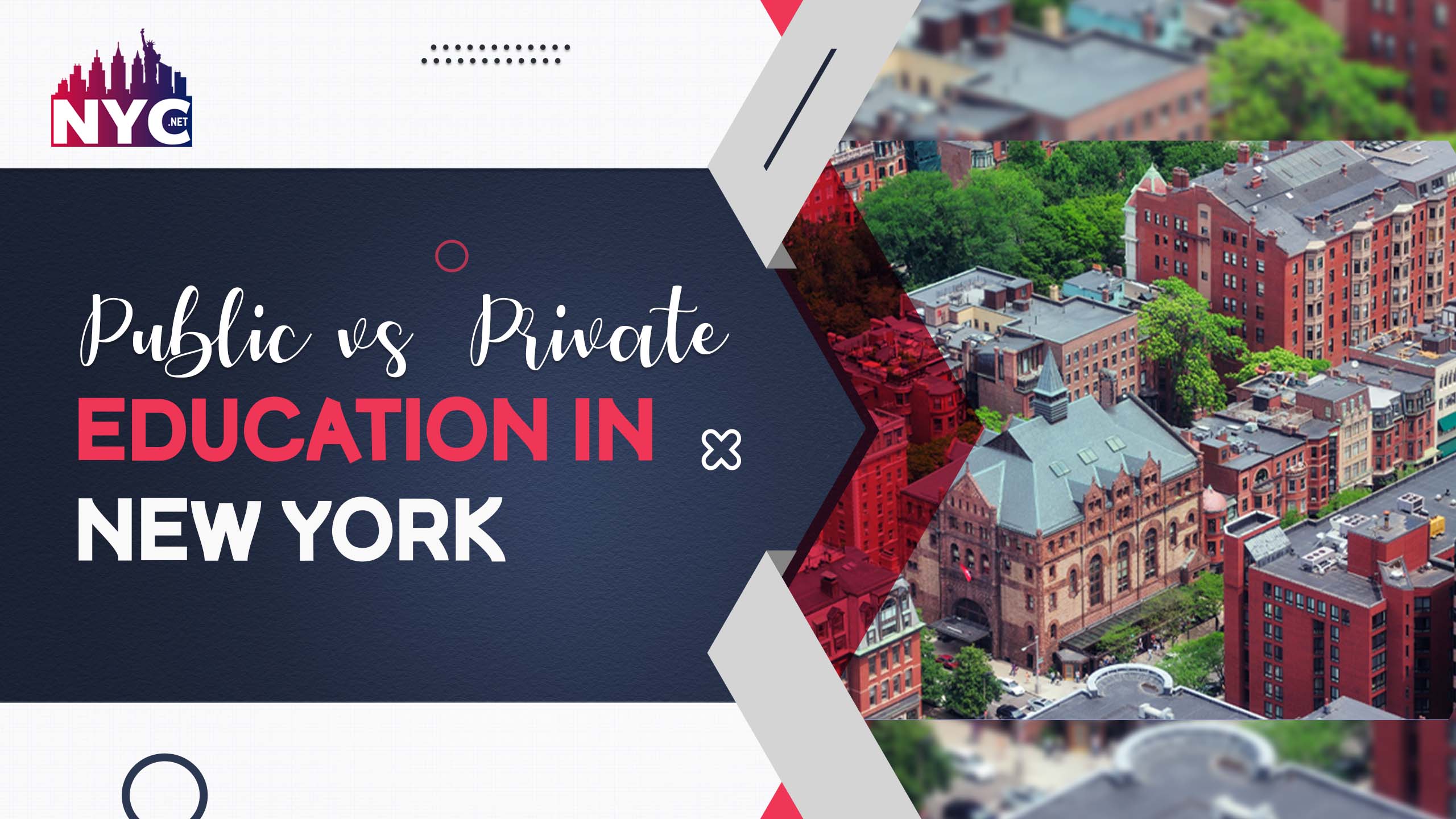How to Pay for College in New York: Scholarships, Grants, and Loans

College In New York
College in New York is expensive, and tuition, books, housing, and other expenses can add up quickly. Deciding how to pay for college is more daunting for parents than picking up a college. Your kid might have done all the hard work, cleared his SATs and written the perfect personal statement. However, how are you going to fund their education?
Primarily now, when the education cost is not only limited to education. Today, educational resources and facilities are just as much expensive. Hence, affording a college in New York can undoubtedly be daunting.
However, there are various ways to pay for college in New York, including scholarships, grants, and loans.
This article will discuss the following:
- Different options available to students and their families
- We will have a brief overview of Scholarships, Grants and Loans,
- The difference between them
- Tips to pay for College in New York
Hence, without any delay, let’s get into it:

Options Available
Regarding funding a college in New York, plenty of options are available for the students. However, each comes with its criteria and requirements; they are accessible to many.
Here are some of the best options that we will discuss further:
- Scholarships
- Grants
- Loans
Scholarships:
Scholarships are one of the best ways to pay for college in New York because they do not have to be repaid. They can come from various sources, including;
- the college or university,
- private organizations,
- or government agencies.
Though scholarships follow a strict pattern, they are typically of the following types:
- Merit-based: These are given based on merit and excellent academic performance.
- Need-Based: Need-based scholarships follow a strict financial pattern.
- Sports or Skills Based: If you have competency in sports or any other skills, you might be eligible for these scholarships.
For example, the State University of New York (SUNY) system offers the Excelsior Scholarship, which covers tuition and fees for qualified New York residents. Students must also achieve certain academic requirements and have a household income of less than a particular amount.
Moreover, private organizations and government agencies also offer scholarships to students in New York.
For example:
- The New York State Higher Education Services Corporation (HESC) offers the New York State Scholarships for Academic Excellence.
- It awards up to $1,500 annually to high school seniors who graduate with an average of 90 or above on certain Regents exams.
Scholarships for College in New York:
Furthermore, here are some of the best scholarships for funding college in New York:
- New York State Tuition Assistance Program (TAP): is a grant program for New York residents attending college in-state. Eligibility is based on financial need, and the award amount varies based on the student’s income and other factors.
- Excelsior Scholarship: This program also provides free tuition to eligible students attending public colleges in New York. To qualify, students must:
- Meet certain income requirements,
- Maintain a certain GPA,
- And agree to work in New York after graduation for a certain period.
- New York State Scholarships for Academic Excellence: These scholarships are awarded to New York high school graduates who have achieved academic excellence. The award amount varies based on the student’s academic achievement.
- Private Scholarships: Many private organizations and foundations offer scholarships to students attending college in New York. Students should research and apply for these scholarships as early as possible.
Grants
Moving forward, another option we have on the list is Grants.
Grants are another form of financial aid that doesn’t need to be repaid. Grants can come from:
- the federal government,
- the state government,
- Or the college or university.
The federal government provides the Pell Grant to qualifying undergraduate students who demonstrate financial need.
- The maximum sum for the academic year 2022-2023 is $6,495.
- Students must complete the Free Application for Federal Student Aid (FAFSA) to be accepted for a Pell Grant.
The state of New York also provides grants to deserving students.
- Tuition Assistance Programme (TAP) grants up to $5,165 per year to New York citizens who attend a state institution or university.
- Students must meet certain academic and financial standards and complete the FAFSA to be eligible for TAP.
List of Grants for College in New York
- Federal Pell Grant: This grant is awarded to undergraduate students based on financial need. The award amount varies based on the student’s income and other factors.
- New York State Grants: New York State offers several grant programs for college students in-state. These programs include the New York State Tuition Assistance Program (TAP), the Higher Education Opportunity Program (HEOP), and the Enhanced Tuition Award (ETA).
- Private Grants: Many private organizations and foundations offer grants to students attending college in New York. Students should research and apply for these grants as early as possible.
Loans
Last but not least, Loans are another great way to fund your college in New York. Loans are a form of financial aid that must be repaid with interest.
There are two types of loans:
- Federal
- And private.
Federal loans are available to students who complete the FAFSA. The government offers two types of loans:
Subsidized: which do not accrue interest while the student is in school,
And unsubsidized: which accrue interest when disbursed.
Banks, credit unions, and other lenders provide private loans. Private loans may carry higher interest rates than government loans and may need a co-signer. Before selecting a personal loan, students should exhaust all government loan possibilities.
The Difference Between Them:
Scholarships, Loans and Grants are all some of the best means to favour college in New York. However, numerous differences exist between them.
The main differences include:
- Eligibility
- Repayment
Eligibility:
As mentioned above, the eligibility criteria for the scholarships can greatly vary. Similarly, grants and loans also walk through a defined set of eligibility requirements.
For instance, scholarships can be:
- Merit-based
- Financial Assitance
- Interest or skill-based
- Field of study or career based
Each scholarship has its own set of eligibility requirements which could be based on academic achievements or financial situations.
However, grants are almost always based on financial need.
As for Loans, they are the easiest funding for your scholarship. Most people without existing credit problems can acquire loans regardless of their financial situation or academic performance.
Repayment:
Another major difference between loans, scholarships and grants is the repayment method.
Hence, loans are more like borrowed money that must be repaid. These are not gifted funds; the money should be paid back over time. Moreover, they also accrue interest though it is significantly low on student loans.
However, grants and scholarships are different. They are more like gifted money and can be paid. The money you receive is yours solely to keep. It is attractive but comparatively more challenging to acquire.
Tips for Paying for College In New York:
Lastly, before we close the chapter, let’s look at some other useful tips for paying for college in New York:
- Start Early:
Students should start researching and applying for financial aid as early as possible. Many scholarships and grants have early deadlines, which can take several months.
- Consider All Options:
Students should look at all financial aid opportunities, such as scholarships, grants, and loans. Part-time work or other forms of income should also be considered to assist in paying for college.
- Live Frugally:
Living expenditures can account for much of the cost of attending college in New York. Students should consider living in low-cost accommodation, cooking meals instead of going out, and reducing other expenses.
- Debt Management:
Students who must take out loans to pay for college should manage their debt wisely. They should borrow only what is necessary and prioritize federal loans over private loans.
- Apply for Renewal:
Many scholarships and grants can be renewed yearly. Therefore, keep an eye open to all and apply for renewal whenever possible.
- Maintain Good Grades:
Some scholarships and grants require students to maintain a certain GPA or academic standing to renew their awards. Students should prioritize their studies and do their best to keep good grades.
- Explore Work-Study Programs:
Many colleges and universities offer work-study programs where students can work part-time jobs on campus to help pay for college. These programs may also provide valuable work experience and networking opportunities.
- Apply for FAFSA:
The FAFSA (Free Application for Government Student Aid) is the entry point to government financial aid programmes. Students should file the FAFSA immediately to maximize their federal grants and loan eligibility.
- Consider Community College:
Community college may be a more economical choice for those wishing to begin their college education. Before moving to a four-year college or university, students can finish their general education requirements at a lesser cost.
- Seek Assistance:
Students should be confident in seeking assistance when paying for education. They can seek help from their college’s financial aid office, private organizations, and government authorities.
Conclusion:
In hindsight, paying for college in New York is expensive. Undoubtedly, many families struggle with finances to support their child’s education. However, with friendly options like scholarships, grants, and loans, you can make it easier for yourself. You are liable to acquire top-notch education without straining your family’s income.
All it requires is research and following the tips we mentioned to get it all. We hope it proves useful for you.
Good luck!



